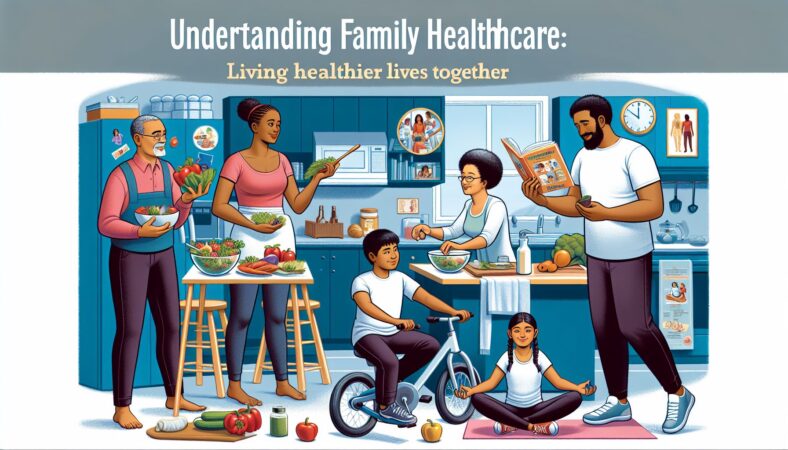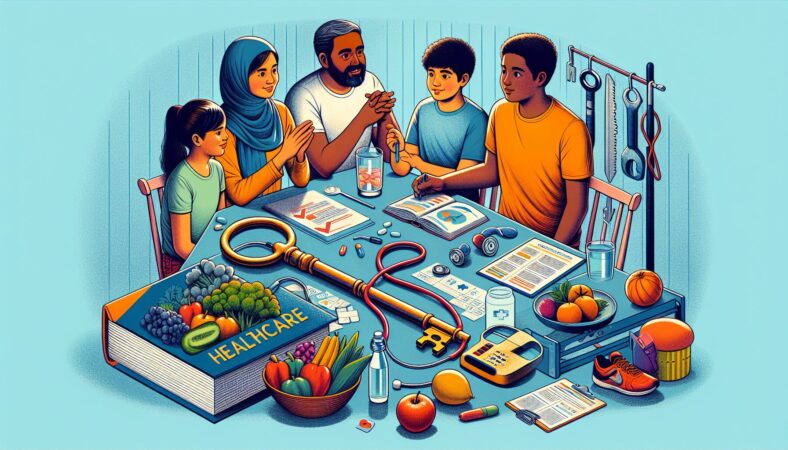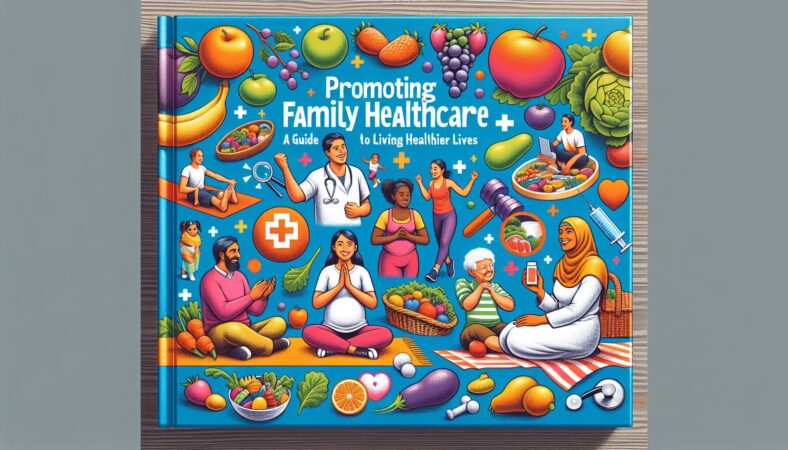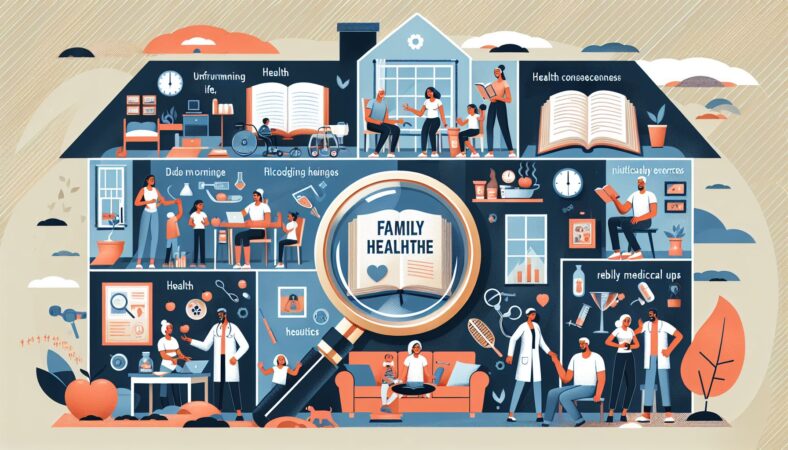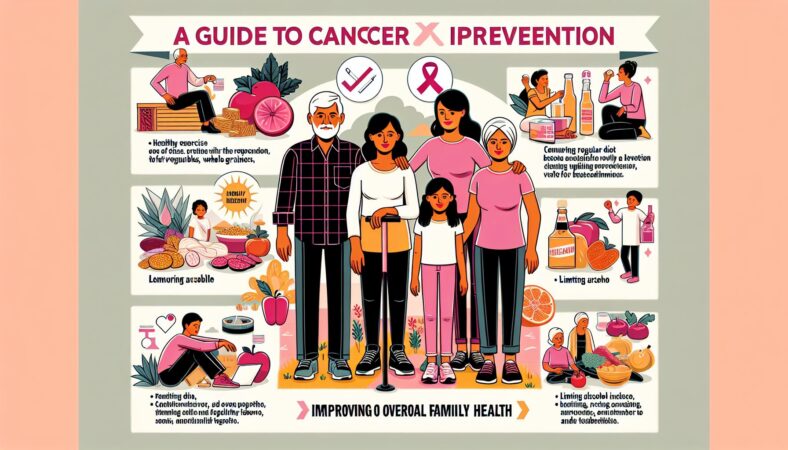In today’s fast-paced world, it can be easy to overlook the importance of family healthcare. However, taking care of your family’s health should be a top priority. By making small changes to your lifestyle and being proactive about preventive care, you can ensure that your loved ones lead healthier lives. One important aspect of family healthcare is cancer prevention. By understanding the risks and taking steps to reduce them, you can lower the chances of your family members developing this devastating disease.
Importance of Family Healthcare
Family healthcare encompasses a wide range of services, from routine check-ups to managing chronic conditions. It involves not only treating illnesses but also preventing them from occurring in the first place. By focusing on preventive care, you can catch health issues early on and address them before they become more serious. This proactive approach can lead to better health outcomes for your entire family.
When it comes to cancer prevention, family healthcare plays a crucial role. Many cancers are preventable, and by adopting healthy habits and undergoing regular screenings, you can significantly reduce your risk. For example, maintaining a healthy weight, avoiding tobacco products, and limiting alcohol consumption can all help lower your chances of developing cancer. In addition, staying up to date on recommended screenings such as mammograms and colonoscopies can detect cancer early when it is most treatable.
Tips for Living Healthier Lives
Living a healthy lifestyle is key to family healthcare. By making a few simple changes to your daily routine, you can improve your family’s overall well-being. Here are some tips for living healthier lives together:
Eat a Balanced Diet
A nutritious diet is essential for maintaining good health. Make sure your family eats a variety of fruits, vegetables, whole grains, and lean proteins. Limit foods that are high in added sugars, sodium, and unhealthy fats. By fueling your bodies with the right nutrients, you can boost your immune system and reduce your risk of chronic diseases, including cancer.
Stay Active
Regular physical activity is vital for overall health. Encourage your family to engage in activities they enjoy, whether it’s going for a walk, playing sports, or dancing in the living room. Aim for at least 30 minutes of moderate exercise most days of the week to keep your hearts, muscles, and bones strong.
Get Enough Sleep
Sleep is essential for both physical and mental health. Make sure your family members are getting the recommended amount of sleep each night, which is typically 7-9 hours for adults and even more for children and teenagers. A lack of sleep can lead to a variety of health issues, including increased stress and a weakened immune system.
Schedule Regular Check-Ups
Preventive care is key to detecting health problems early on. Make sure your family members see their healthcare providers regularly for routine check-ups and screenings. These appointments can help catch health issues before they become more serious and provide an opportunity to discuss any concerns or symptoms.
Avoid Tobacco and Limit Alcohol
Tobacco use is a leading cause of cancer and other chronic diseases. Encourage your family to avoid smoking and using other tobacco products. In addition, limit alcohol consumption, as excessive drinking can increase the risk of certain cancers. By avoiding these substances, you can protect your family’s health and well-being.
Conclusion
Family healthcare is essential for living healthier lives together. By focusing on preventive care, you can catch health issues early on and reduce the risk of developing serious diseases, including cancer. By adopting healthy habits such as eating a balanced diet, staying active, getting enough sleep, and avoiding tobacco and excessive alcohol, you can improve your family’s overall well-being. Remember to schedule regular check-ups and screenings to stay on top of your family’s health. By working together to prioritize your health, you can ensure that your loved ones lead long, happy, and healthy lives.

